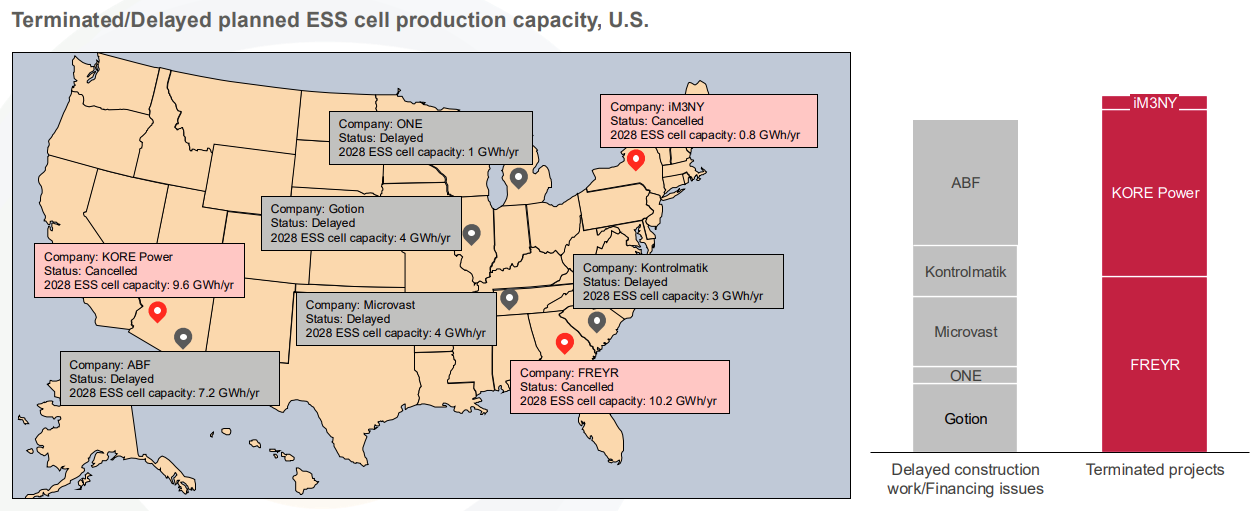
‘21GWh of US ESS cell manufacturing capacity cancelled this year’: Clean Energy Associates reports
‘21GWh of US ESS cell manufacturing capacity cancelled this year’: Clean Energy Associates reports - Energy-Storage.News Skip to content

‘21GWh of US ESS cell manufacturing capacity cancelled this year’: Clean Energy Associates reports - Energy-Storage.News Skip to content

Tesla’s (NASDAQ:TSLA) earnings call comes on the heels of the company’s Q2 2025 update letter, which was released after the closing bell on July 23, 2025. Tesla’s Q1 2025 Results: Total Revenues: $22.5 billion Total automotive revenues: $16.7 billion Total GAAP gross margin: 17.2% Gross Profit: $3.88 billion Advertisement Learn how
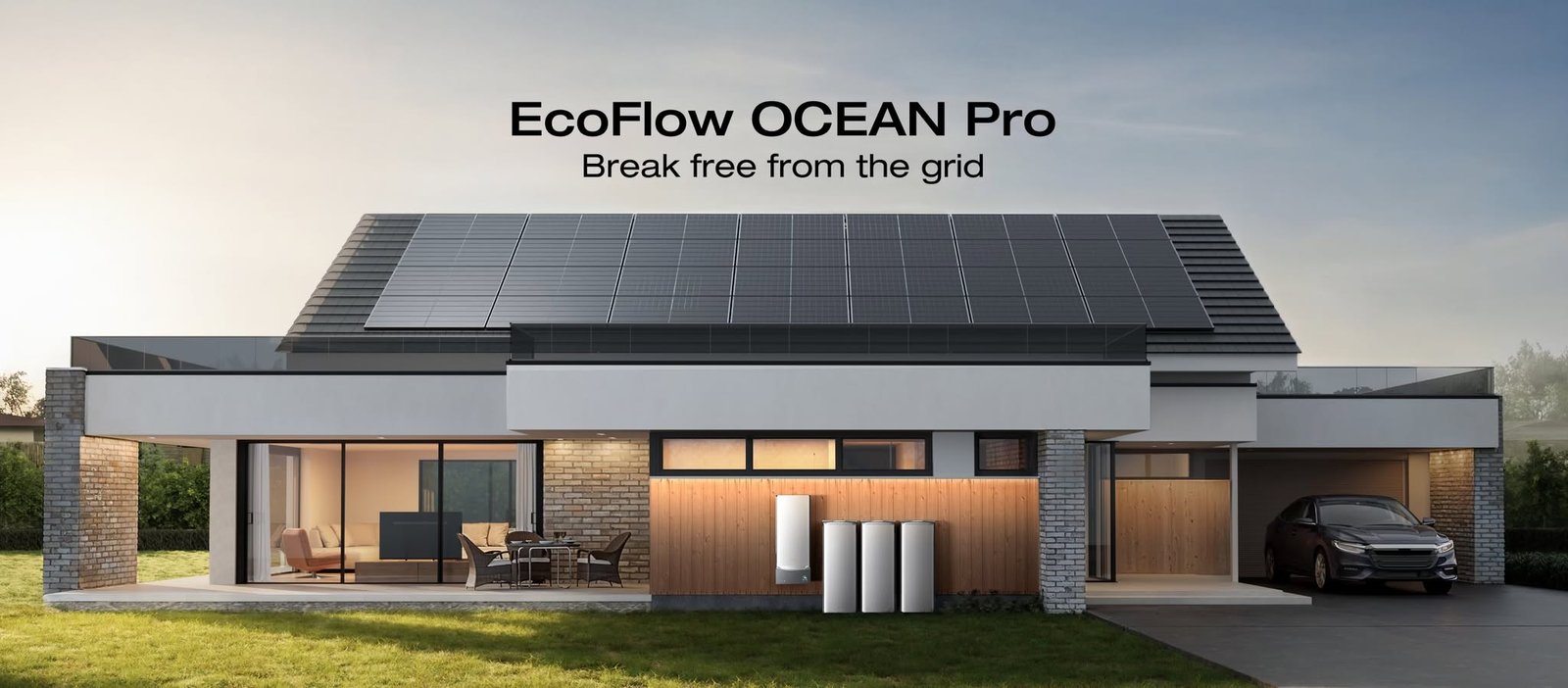
The new EcoFlow OCEAN Pro Solar Battery System is designed to do more than just keep the lights on. It’s a powerful, all-in-one energy solution that combines solar energy storage, backup power, and intelligent energy management to support an entire home, even during extended outages or peak energy demand. Whether
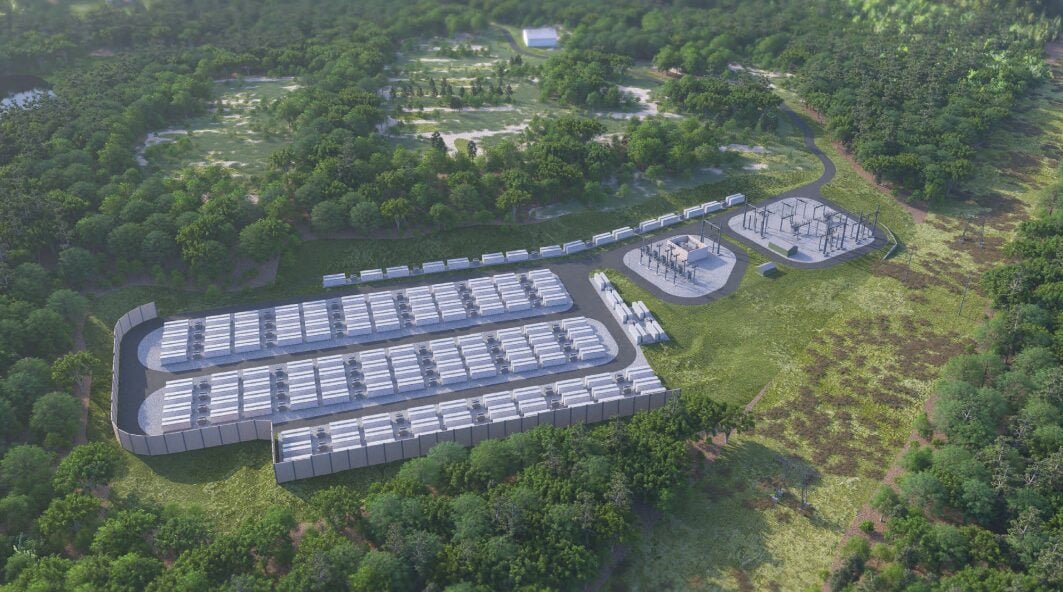
Developer goes to Massachusetts regulator for BESS approval - Energy-Storage.News Skip to content

Elon Musk revealed on X on Wednesday that Tesla Optimus will soon be getting a job at the Supercharger Diner in Los Angeles, and its role will be right on par with what we believed the humanoid bot would be perfect for. While Optimus was spotted serving popcorn at the
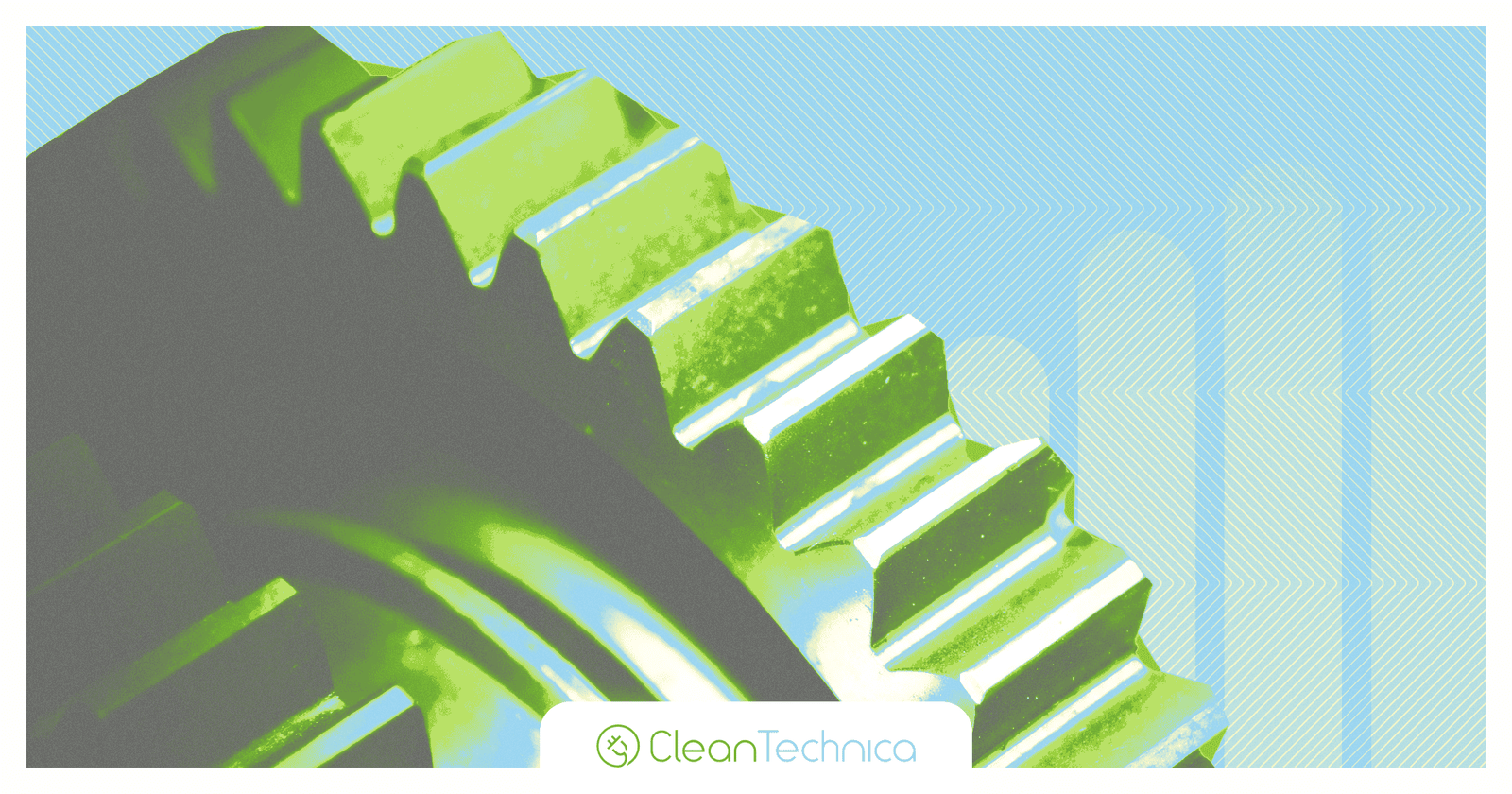
Last Updated on: 17th July 2025, 03:10 am T&E reaction to the post-2027 EU budget proposal The budget proposal released today fails to leverage transport decarbonisation to boost industrial competitiveness, T&E said, as resources allocated to scale up clean technologies are inadequate. The budget’s new key program, the European Competitiveness
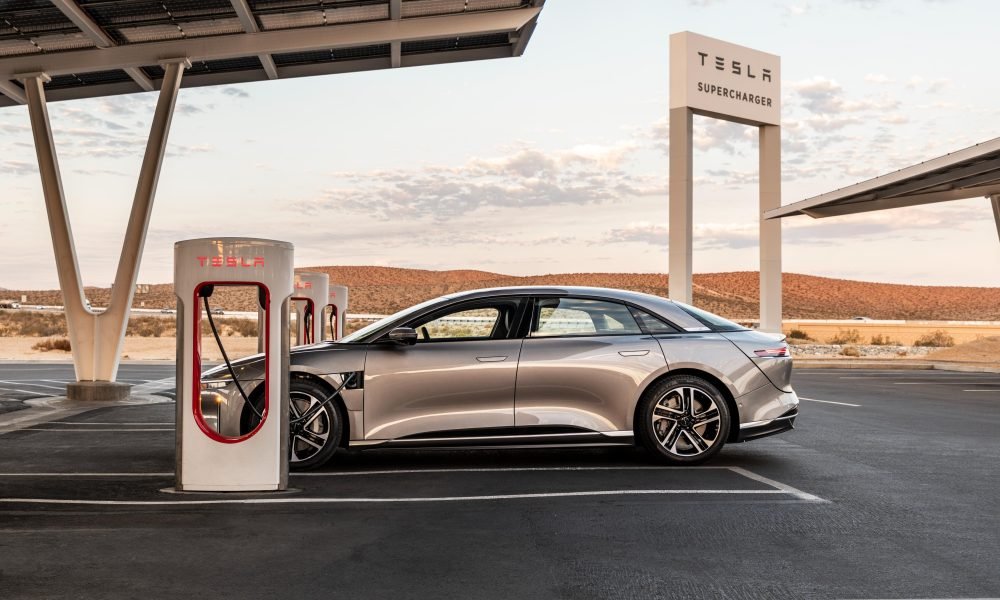
Tesla (NASDAQ: TSLA) is set to report its earnings for the second quarter of 2025 tomorrow, and although Wall Street firm Wedbush is bullish as the company appears to have its “wartime CEO” back, it is looking for answers to a few concerns investors could have moving forward. The firm’s
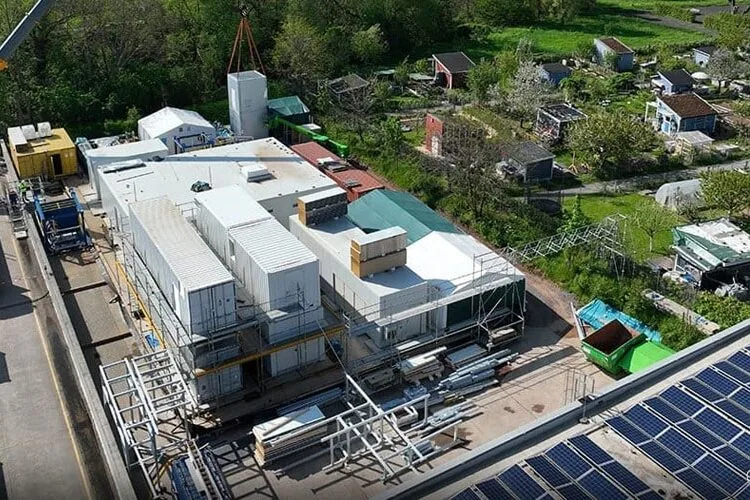
The German Federal Ministry for Economic Affairs and Energy (BMWE), as well as the federal states Rhineland-Palatinate and Hesse, are funding two lithium projects by Vulcan Energy with a total of €103.6 million. The projects involve lithium chloride extraction in Landau and further processing in Frankfurt-Höchst. The BMWE sees funding
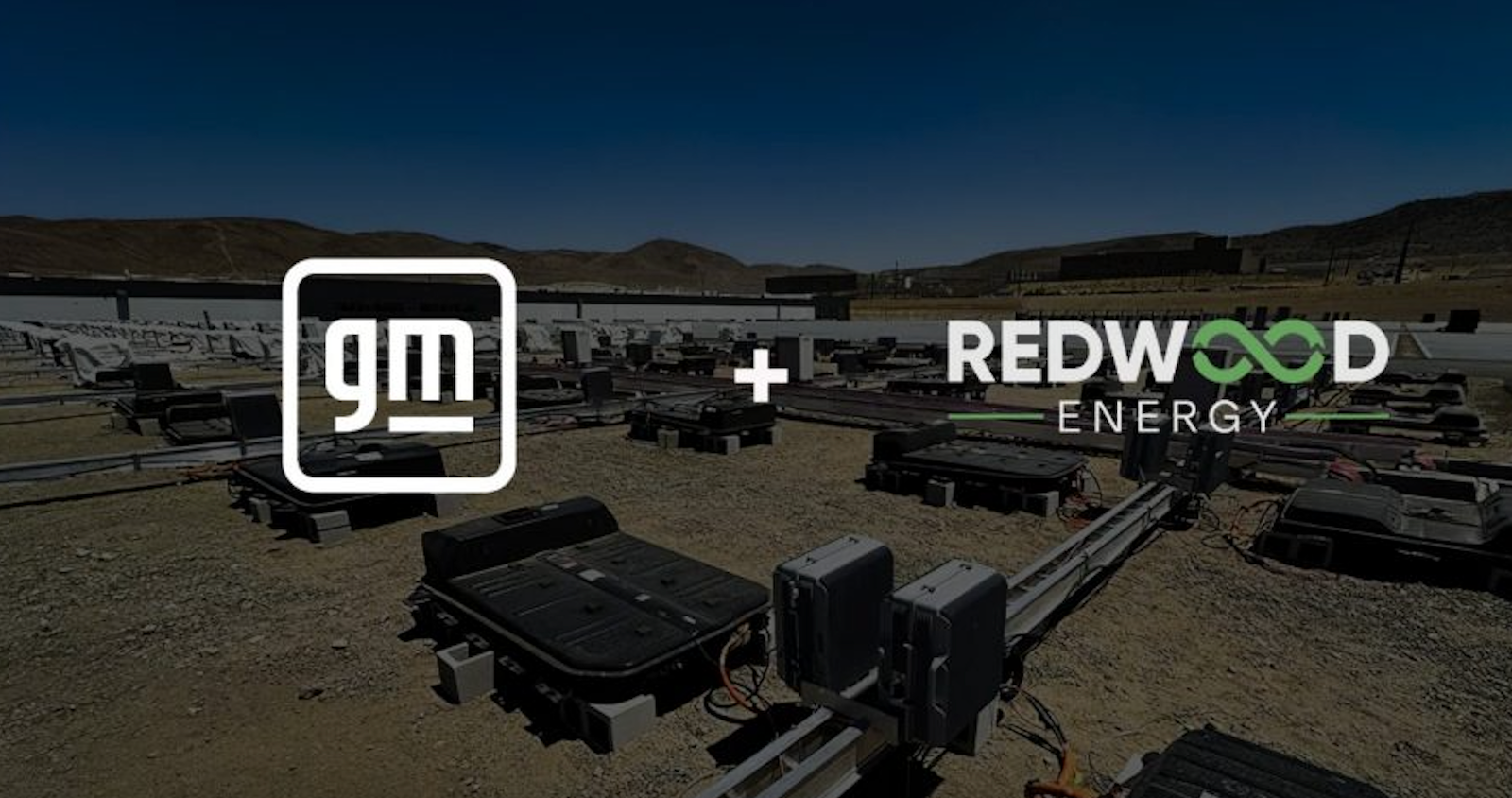
Tesla’s spiraling brand reputation crisis has hit its EV sales so hard that the much-hyped Tesla Cybertruck was reportedly outsold by General Motors’s GMC electric Hummer in Q2. Now GM has spotted an opportunity to horn in on Tesla’s Megapack utility scale energy storage business, too — with an assist

Though he mentions that the system has apparently outperformed expectations since going into operation a year ago, the topic of our conversation begins far outside Europe. It focuses on Invinity’s newest partnership with Chinese battery materials and manufacturing specialist Guangxi United Energy Storage New Materials Technology Limited (UESNT). As covered

Sphere Energy Wins New Product Competition at Advanced Automotive Battery Conference Europe By Battery Power Staff June 26, 2025 | Sphere Energy was awarded the Best of Show People’s Choice Award at this week’s Advanced Automotive Battery Conference Europe, in Mainz, Germany. The award honored Sphere Energy’s new product ASC-IP, an
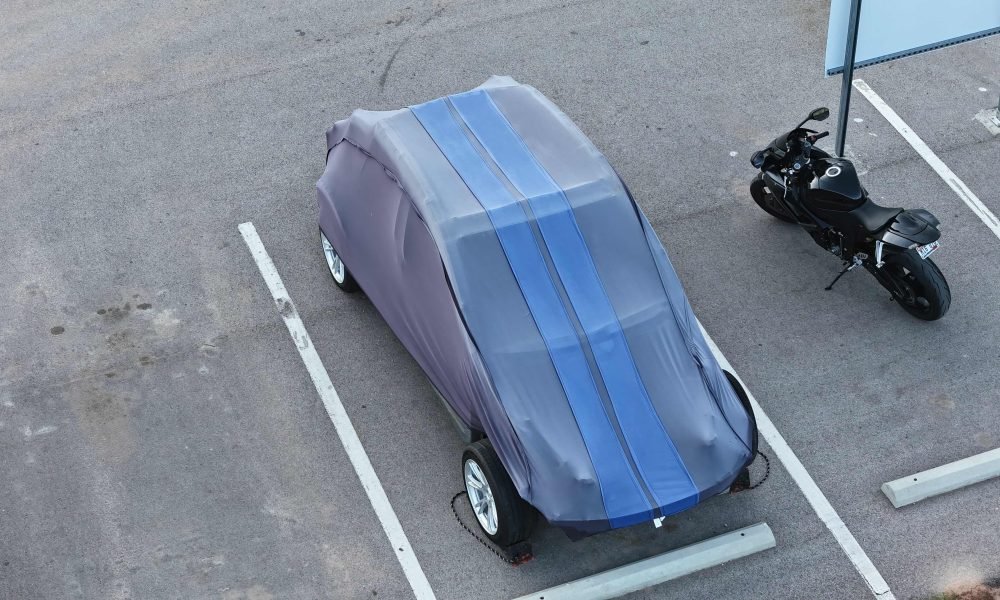
Two noted Tesla (NASDAQ:TSLA) bulls have shared differing views on the recent activities of CEO Elon Musk and the company’s leadership. While Wedbush analyst Dan Ives called on Tesla’s board to take concrete steps to ensure Musk remains focused on the EV maker, longtime Tesla supporter Cathie Wood of Ark
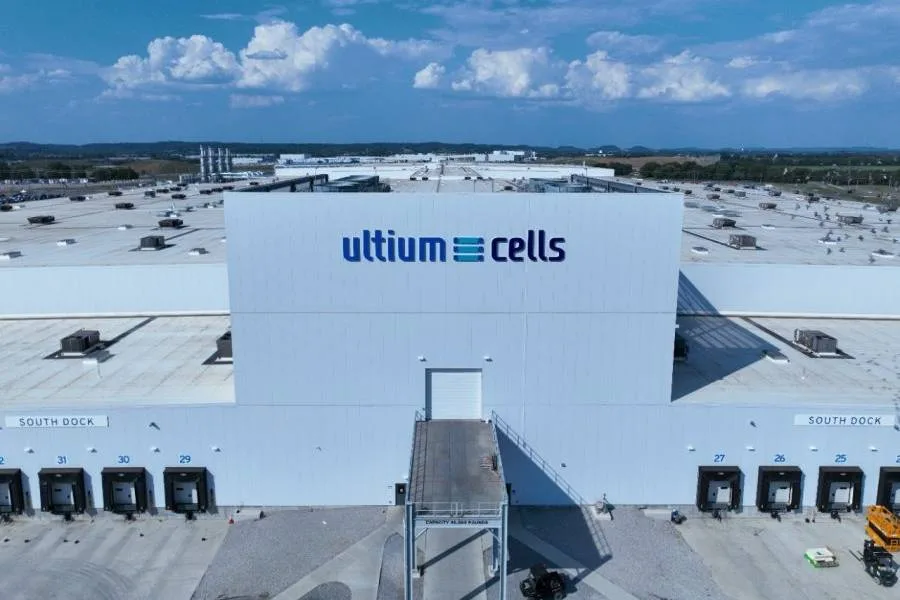
Ultium Cells, the joint venture between General Motors and LG Energy Solution, will convert its battery cell factory in Spring Hill, Tennessee, to produce LFP cells. Production is estimated to start at the end of 2027. According to the battery manufacturer, the conversion of battery cell production in Spring Hill
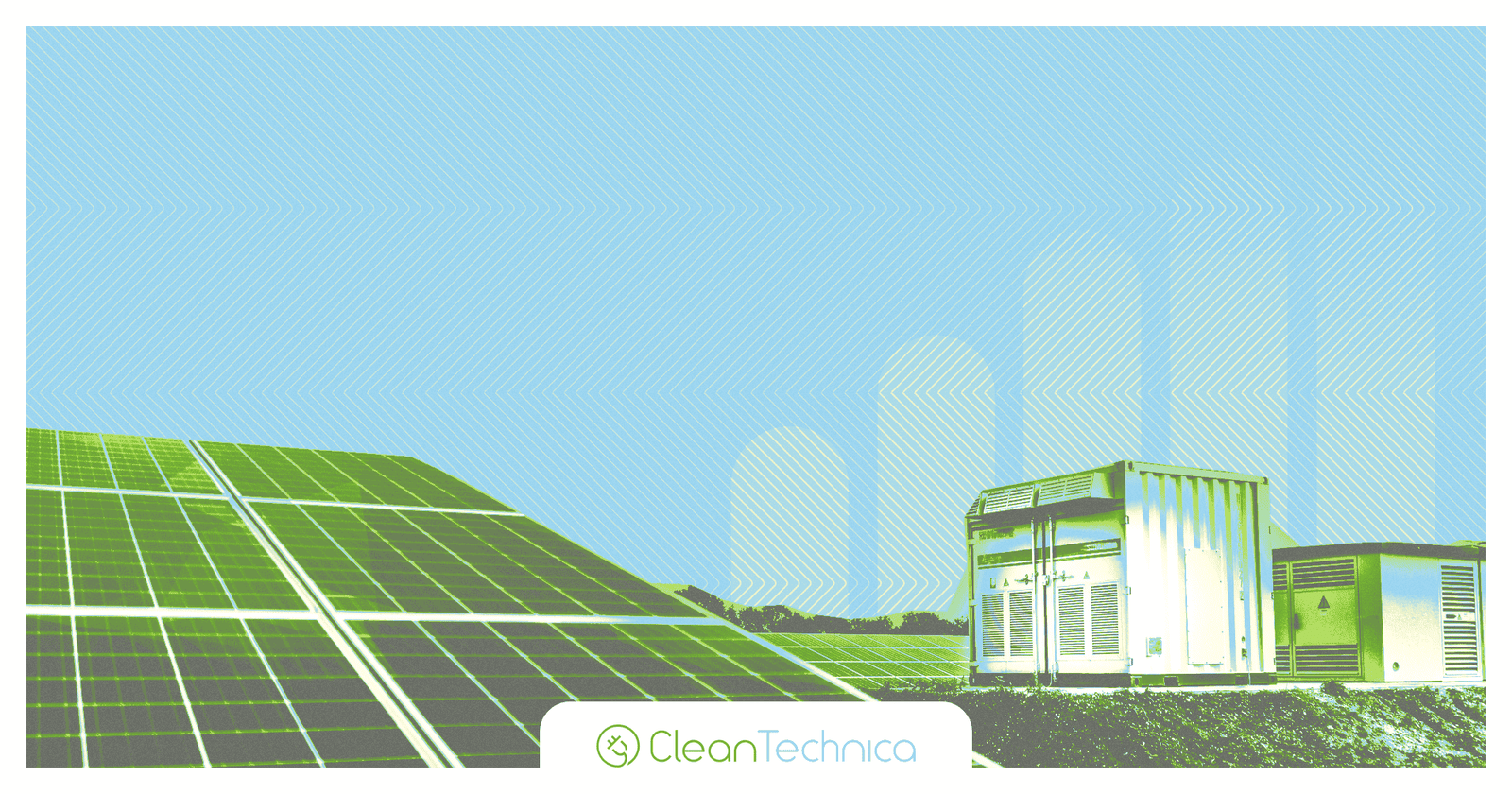
When extreme weather threatens lives and livelihoods, solar and battery storage are there to deliver energy security for the American people. Extreme weather events, from scorching heat waves to destructive hurricanes to frigid winter storms, are constantly challenging our aging infrastructure. When power lines fall or gas plants freeze, distributed
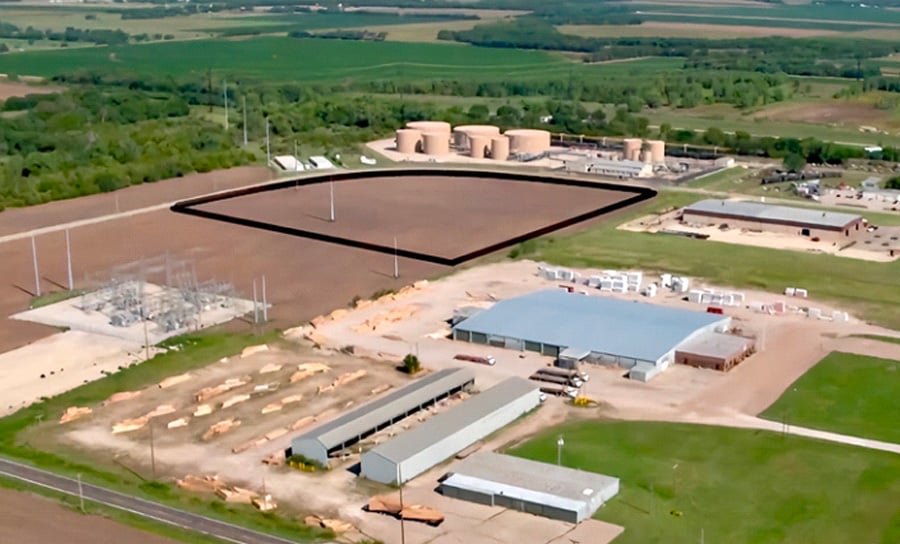
Harvey County in Kansas enacts lengthy 2.5-year BESS moratorium - Energy-Storage.News Skip to content
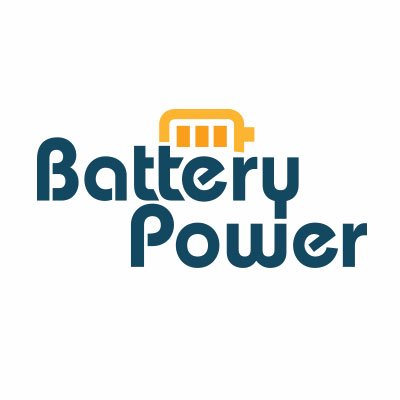
By Kyle Proffitt July 16, 2025 | At the 15th international Advanced Automotive Battery Conference Europe held in Mainz, Germany, June 23-26, 2025, we heard from several automotive OEMs in keynotes and additional presentations, discussing very high power batteries for hybrids, which newer chemistries they are focused on, and how

Less than 10 percent of single-use plastic is recycled, most of it bottles and jugs. That rate is far lower — close to zero, in fact — for smaller bits and pieces of packaging such as bottle caps, straws and coffee pods. In the cosmetics industry, for example, few of
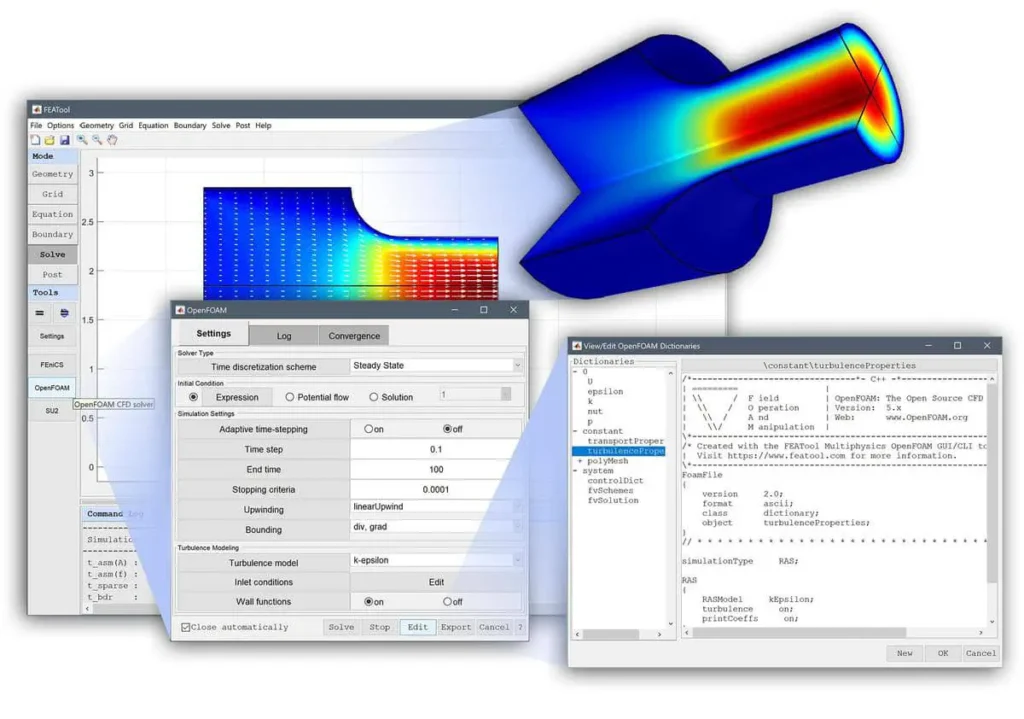
FEATool Multiphysics version 1.17.4 includes updates to its CAD and geometry engine, adds support for tabulated and interpolated coefficient data, and introduces improvements to the user interface and performance. Built-in support for tabulated data in coefficients A new feature in FEATool Multiphysics v1.17.4 adds support for using non-linear tabulated and

